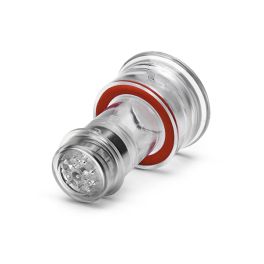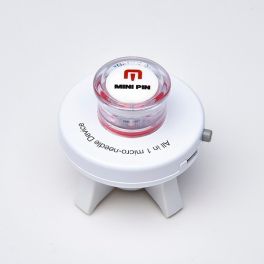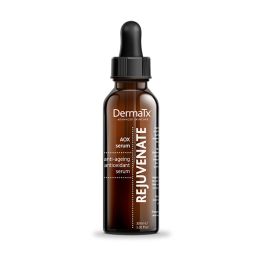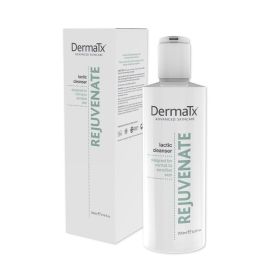How To Clean Your Makeup Brushes Like A Pro Posted on 20 Sep 2021
How Often Do You Wash Yours?
So, you might be thinking, why waste your time cleaning your beloved makeup brushes? There are three very important reasons for doing so and doing so more regularly than you think, too.
-
Cleaning your makeup brushes improves application performance and how your makeup looks (how much more flawless does your foundation look when applied with a brand new, clean makeup brush?)
-
Cleaning your makeup brushes prevents bacteria, oil build-up, and transfer which can be the cause of regular breakouts
-
Cleaning them will extend the life of your makeup brushes. Brushes are a big investment, so we should be doing our utmost to protect them
So, that’s why it is really important to deep clean the brushes that you regularly use at least once a week. Realistically, you may not find the time to do it this often so, in that case, we would recommend no less than monthly between each deep clean and then use a brush spray in between washes.
What Should I Use To Clean Them?
We hear of customers putting brushes in the washing machine, using washing up liquid, and/or left submerged in water, however, we do not recommend the use of household products to clean your brushes as not only can it damage the brush hairs but the product will ultimately reach your face too. All of the above options (which are just a few scenarios that we often hear!) will cause water to go further than the brush hairs, enter the handle and loosen the glue; causing your brush hairs to slowly fall out and reducing their longevity.
We recommend a very mild, gentle product such as baby shampoo to clean your makeup brushes. Anything too harsh will end up destroying your brushes over time but not only that, remember that your brushes are going to touch your face and whatever cleaning solution you have previously used. Makeup brush sprays are great for daily maintenance in between washes or whenever you feel that they need a freshen up. They are also great for eyeshadow brushes so that you can remove previously used shades and apply fresh colours.
The Right Way To Clean Them
- Saturate the brush hairs only with fresh, lukewarm water, however, avoid letting any water seep down into the brush handle and loosen the glue inside
- Use an ultra-mild shampoo, such as Baby Shampoo, and apply a pea-sized amount directly onto the top of the brush head. Using circular motions, press the brush head into the palm of your hand to gradually remove any makeup and impurities
Continue to do this until the water runs clear. Repeat as necessary. How quickly this happens depends on how much build-up of product there is on the brush.
- Once this has happened, create a ring with your thumb and index finger to lightly squeeze and rinse away any excess water remaining on the brush while also maintaining the correct shape
- Now, leave the brush to dry. We do not recommend using a hairdryer to speed up the process as this can loosen and melt the glue inside too. You must also let the brushes dry flat (not upright or in the brush holder) as; again, this can cause water to run into the brush handle and loosen the glue.
Be mindful that the drying process usually takes around 24 hours and so please ensure you don’t need to use your brushes immediately after cleaning. Alternatively, there are some brush cleaners available to purchase from Dermacare Direct that dries instantly (although, these shouldn’t be used in place of a full wash). They are also a great way to freshen up your brushes in between washes. To use, spritz a tissue and sweep the brush back and forth in the solution to disinfectant and clean.
Jane Iredale Brush Cleaner 118ml - £14.00
delilah Brush Cleaner 100ml - £10.00
When Is It Time To Throw Away A Makeup Brush?
Although frequent cleansing can help extend the life of your brushes, there are signs you shouldn't ignore when it comes to determining that they're no longer capable of doing the best job possible. It may be time to say goodbye to your makeup brush when the bristles start to fray, shed, or lose their shape. I can't emphasize enough that the right tools are as important in getting the look you want as the actual makeup itself. If your brushes become too pinched or squashed, then they simply will not be up to the job.


























